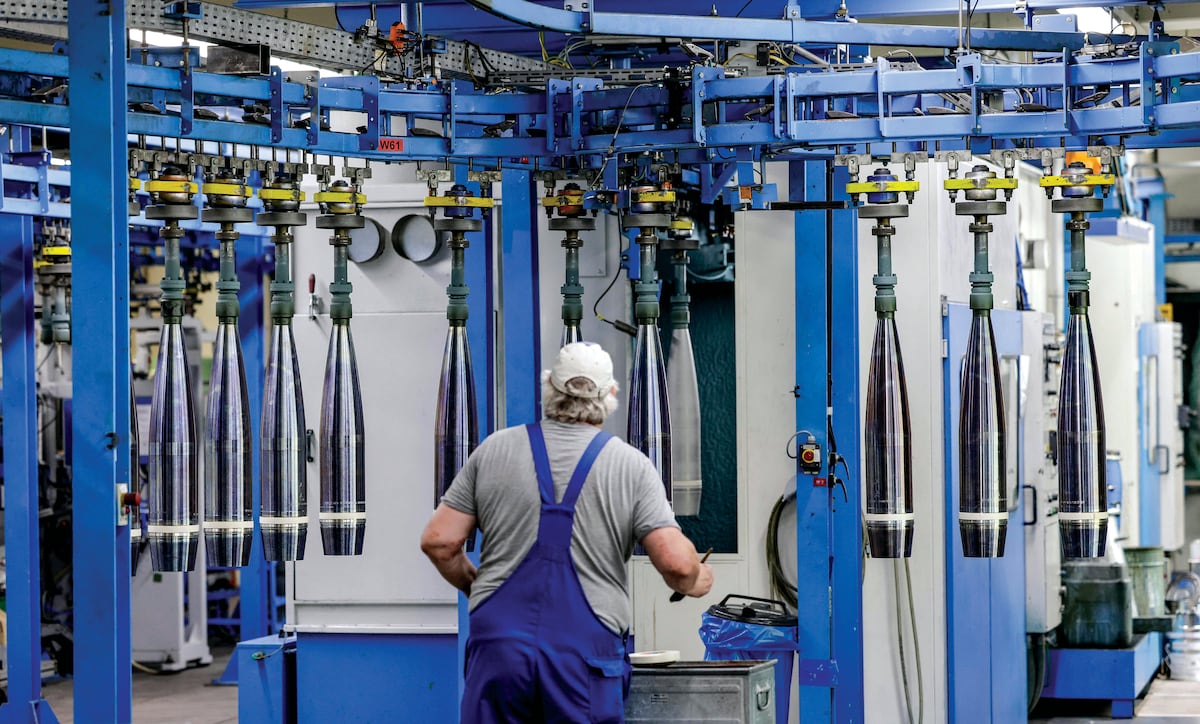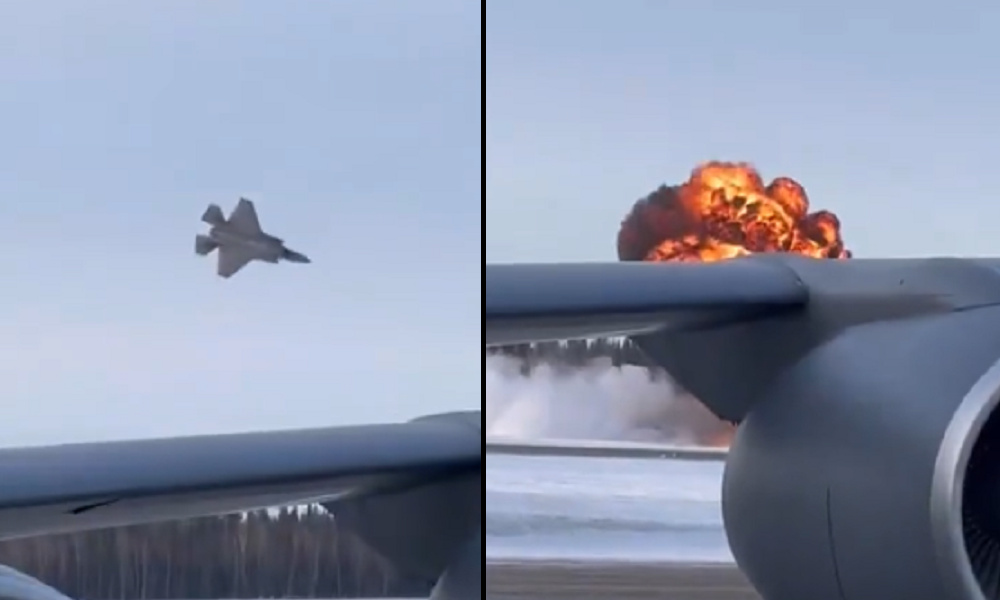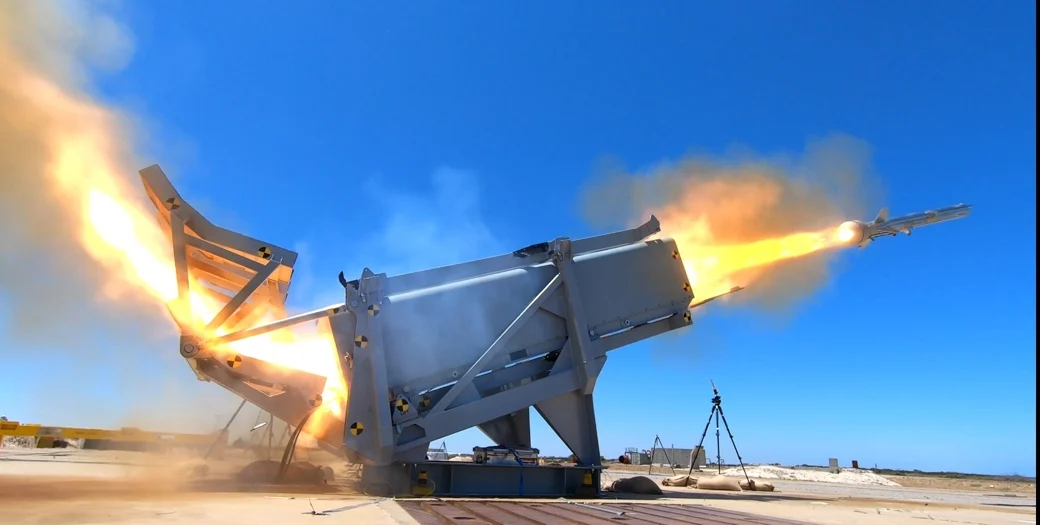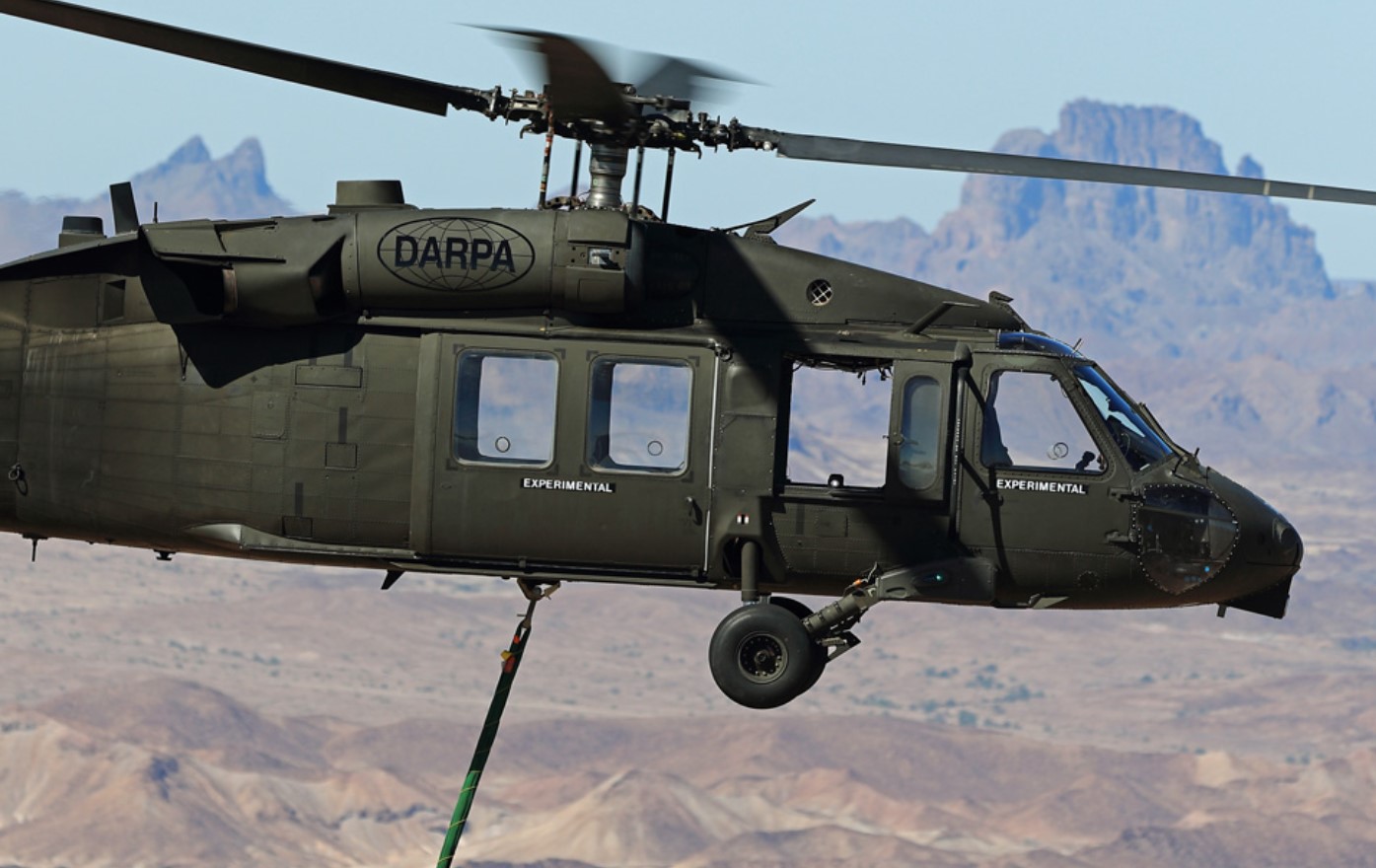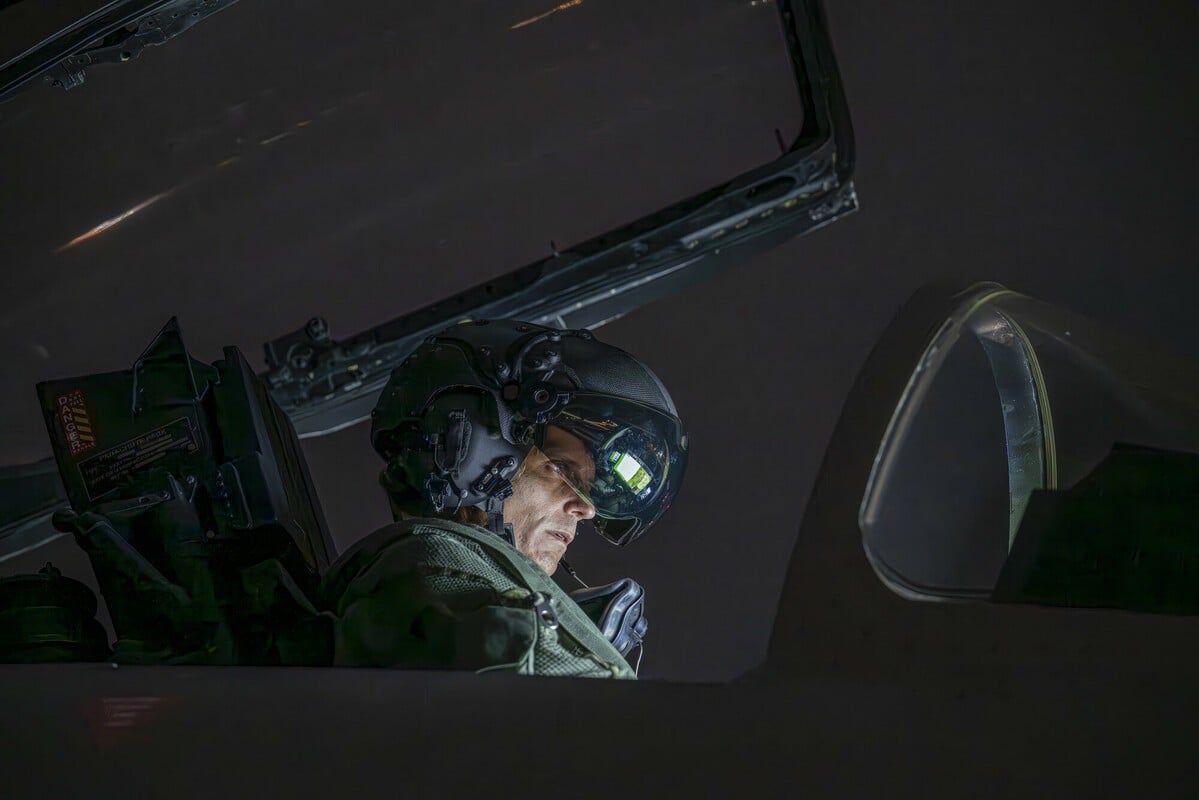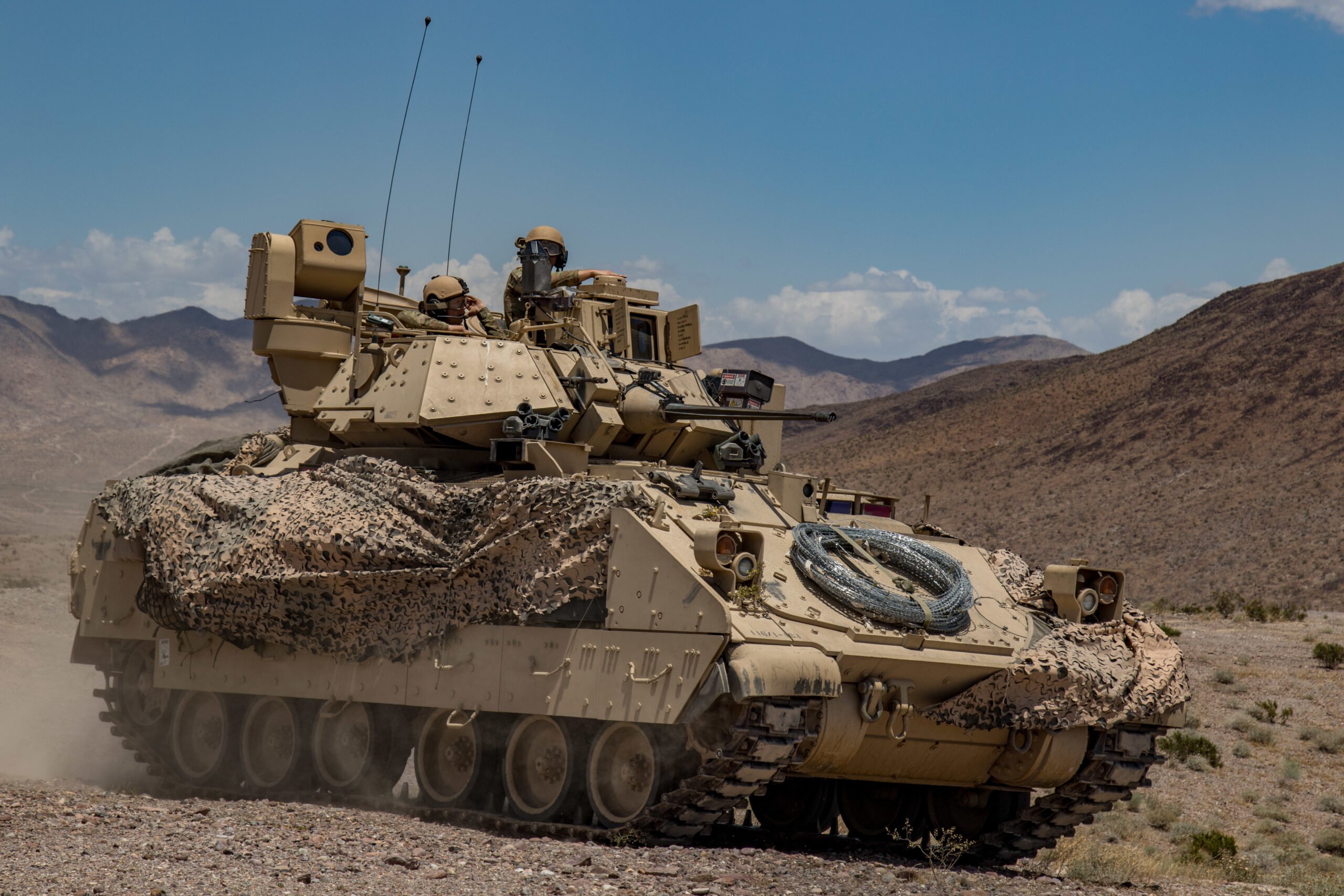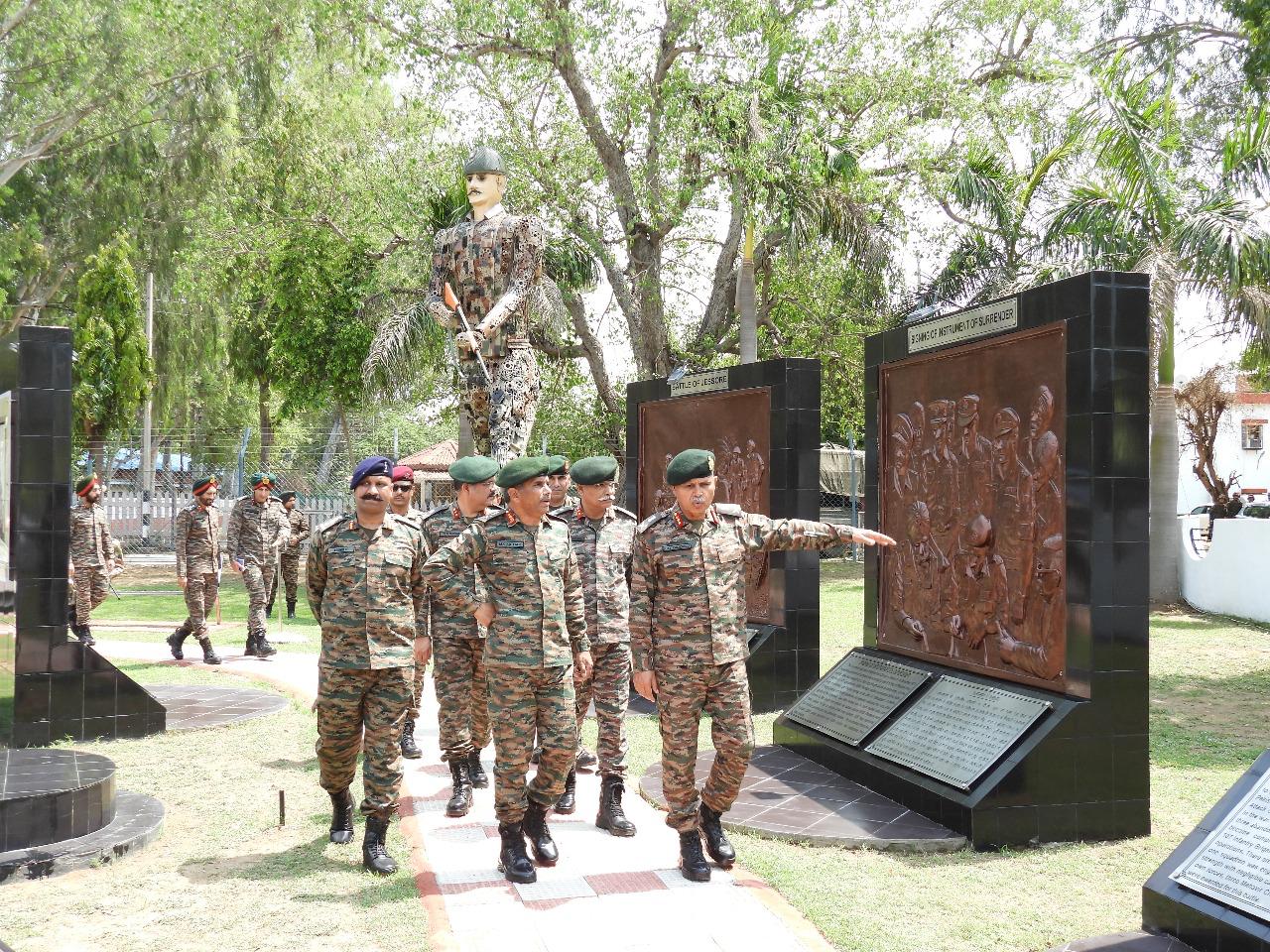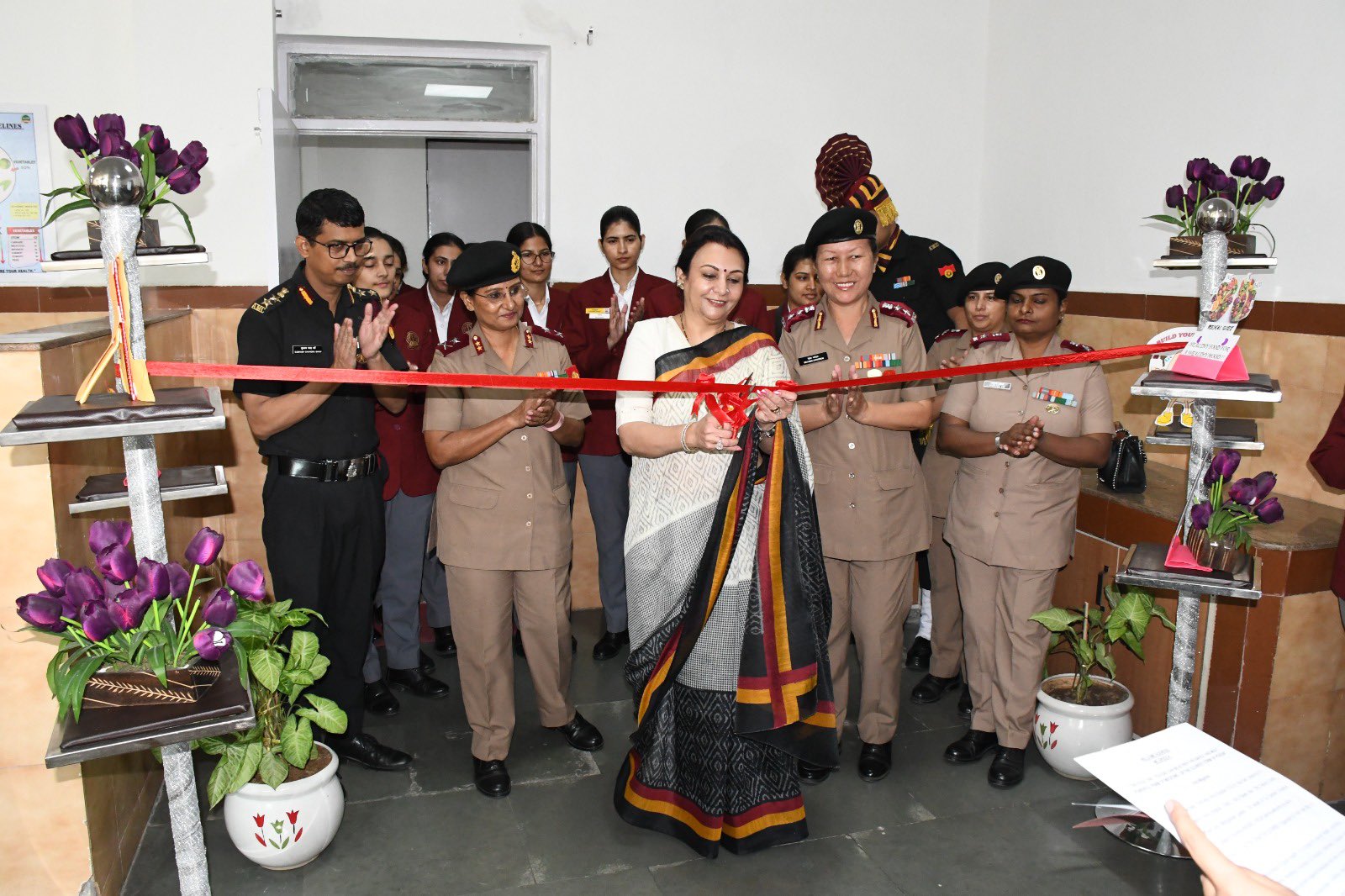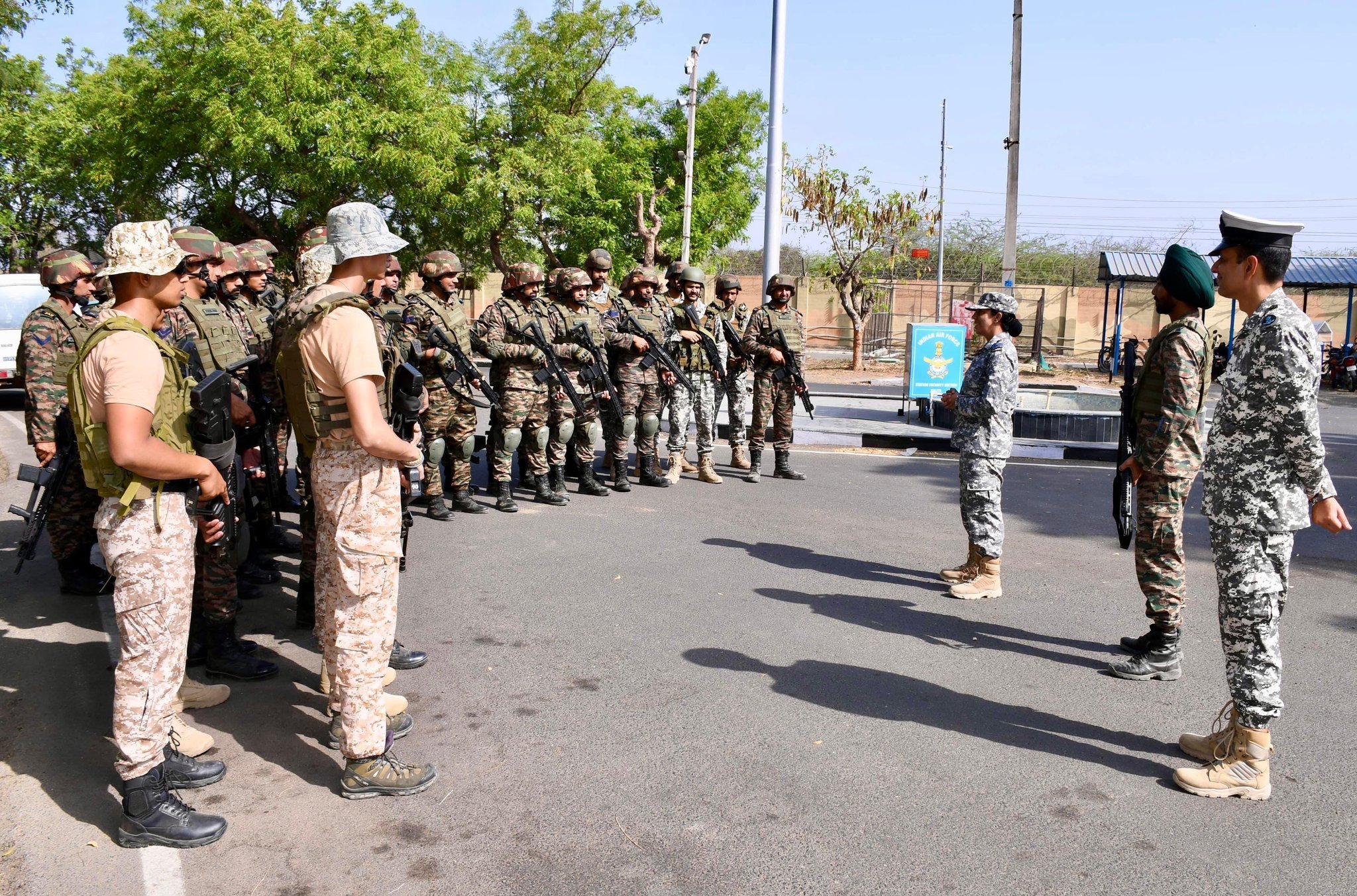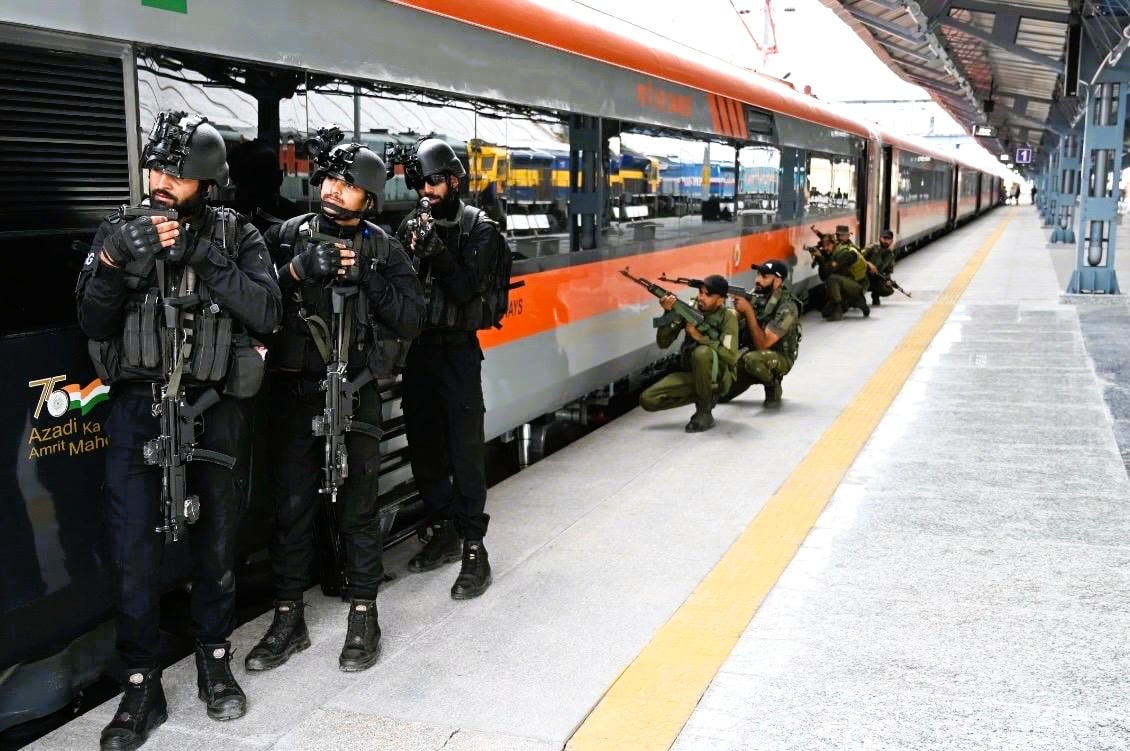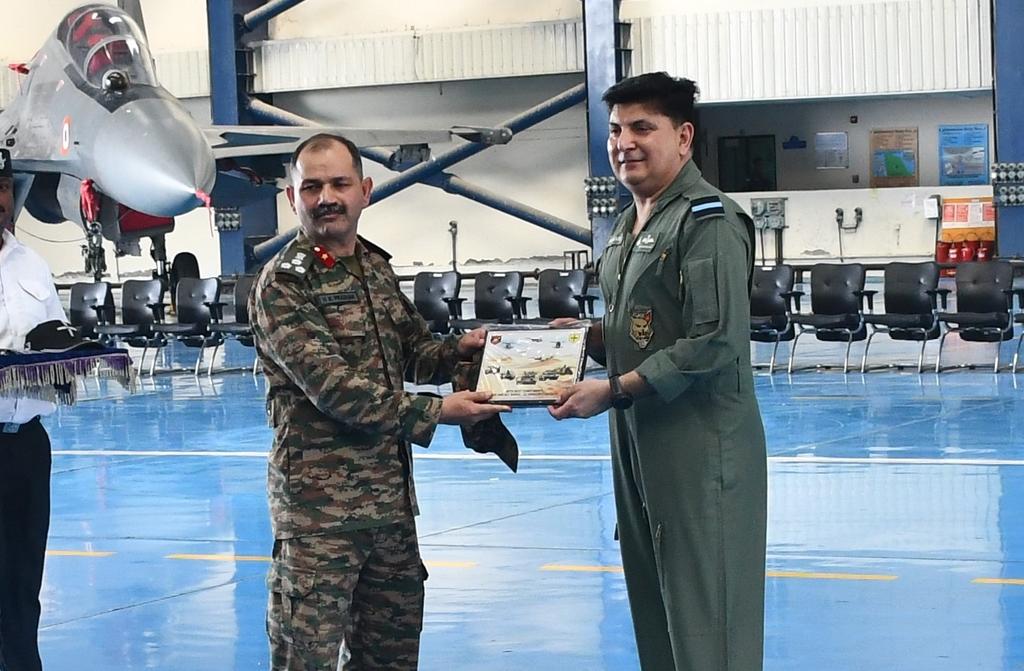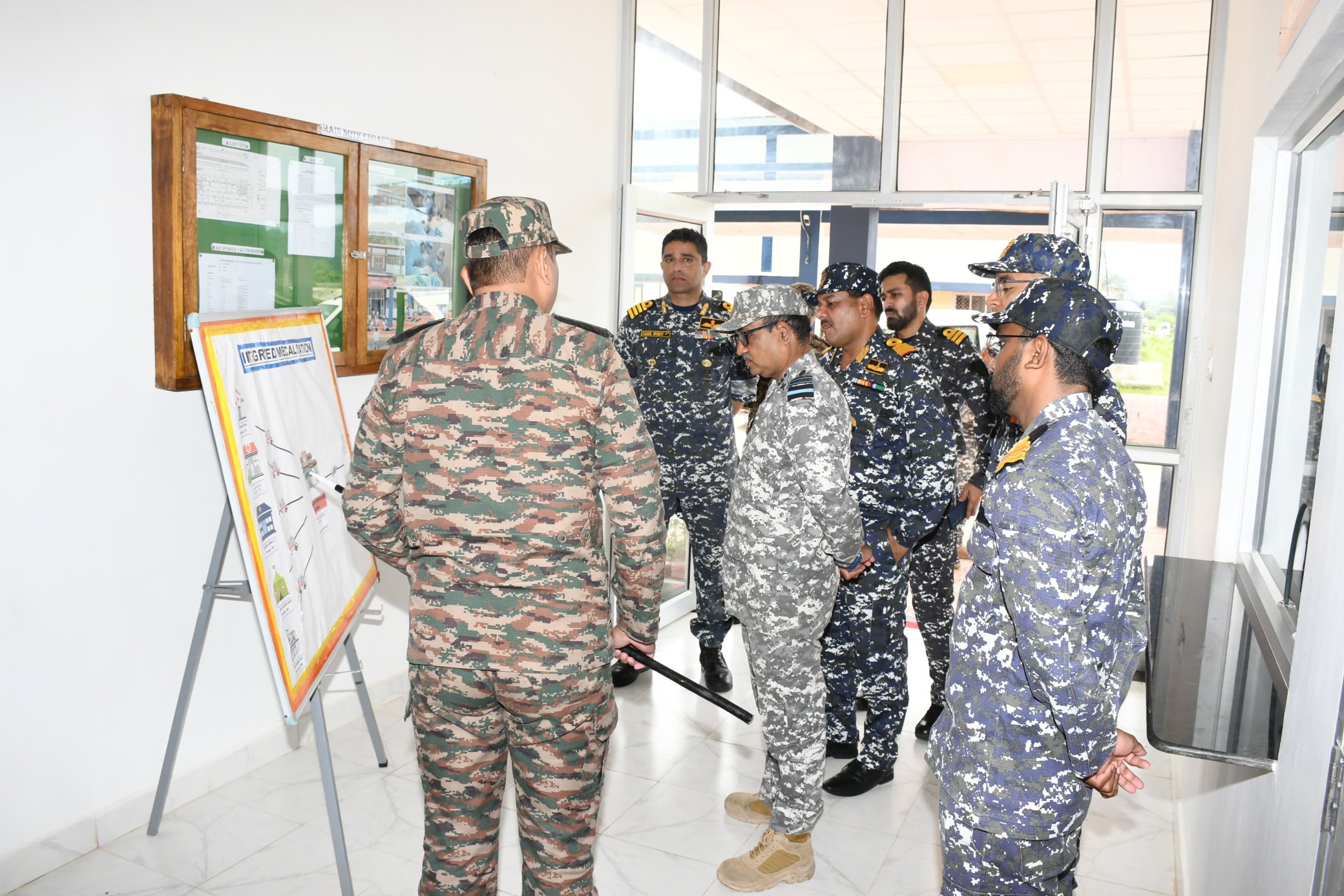Lithuania is actively working to attract foreign defense manufacturers by streamlining administrative processes and reducing bureaucratic hurdles. The recent approval of legal amendments by the Lithuanian government is aimed at simplifying the procedures for international firms looking to establish production facilities within the country, specifically focusing on the manufacture of ammunition.
Under the new regulations, a distinct category of investment projects has been introduced that designates large-scale defense production projects as addressing “pressing national security needs.” This classification enables these projects to benefit from regulatory exemptions, significantly expediting the establishment process for defense organizations.
Germany’s Rheinmetall has emerged as the first company to seize this opportunity, already commencing construction of a facility devoted to the production of 155mm artillery ammunition in Baisogala, Lithuania. This expansive 340-hectare plant is designed to house a shell manufacturing and loading assembly line, which is anticipated to begin operations by mid-2026. Once operational, the facility is expected to supply tens of thousands of 155mm caliber artillery rounds annually, with a portion reserved for the Lithuanian Armed Forces.
Interest in Lithuania’s new defense production initiative is not limited to Rheinmetall. According to Agnė Raščiūtė, the head of communications at Invest Lithuania, at least five other foreign companies are exploring similar paths. Notably, Northrop Grumman, a major American aerospace and defense giant, has signed a cooperation agreement with the Lithuanian Ministry of Defense aimed at producing 30mm medium-caliber ammunition for infantry fighting vehicles in Vilnius. Gintarė Skaistė, Lithuania’s finance minister, expressed optimism that this collaboration would enhance national security while also benefiting the broader region, including Ukraine.
The partnership with Northrop Grumman was announced shortly before Lithuania’s purchase of an additional 27 Boxer-Vilkas combat vehicles through the Organisation for Joint Armament Cooperation (OCCAR). These vehicles will be equipped with U.S.-made 30mm MK-44S cannons and Israeli-produced long-range anti-tank missiles, reflecting a comprehensive approach to military modernization.
In addition to Western firms, Lithuania has drawn interest from an unspecified company in Ukraine that is considering establishing an advanced explosives production facility in the Baltic nation. This interest follows numerous agreements signed between Ukrainian and Lithuanian authorities, emphasizing collaboration between their defense sectors on weapons and ammunition production. The scope of this cooperation extends to the manufacture of drones, naval systems, electronic warfare systems, and munitions.
Laurynas Kasčiūnas, Lithuania’s Minister of National Defense, underscored the necessity of innovative solutions to assist Ukraine in producing its own weaponry. By fostering such cooperative endeavors, Lithuania aims to bolster its defense capabilities while simultaneously supporting its allies in the ongoing conflict on the eastern front.

